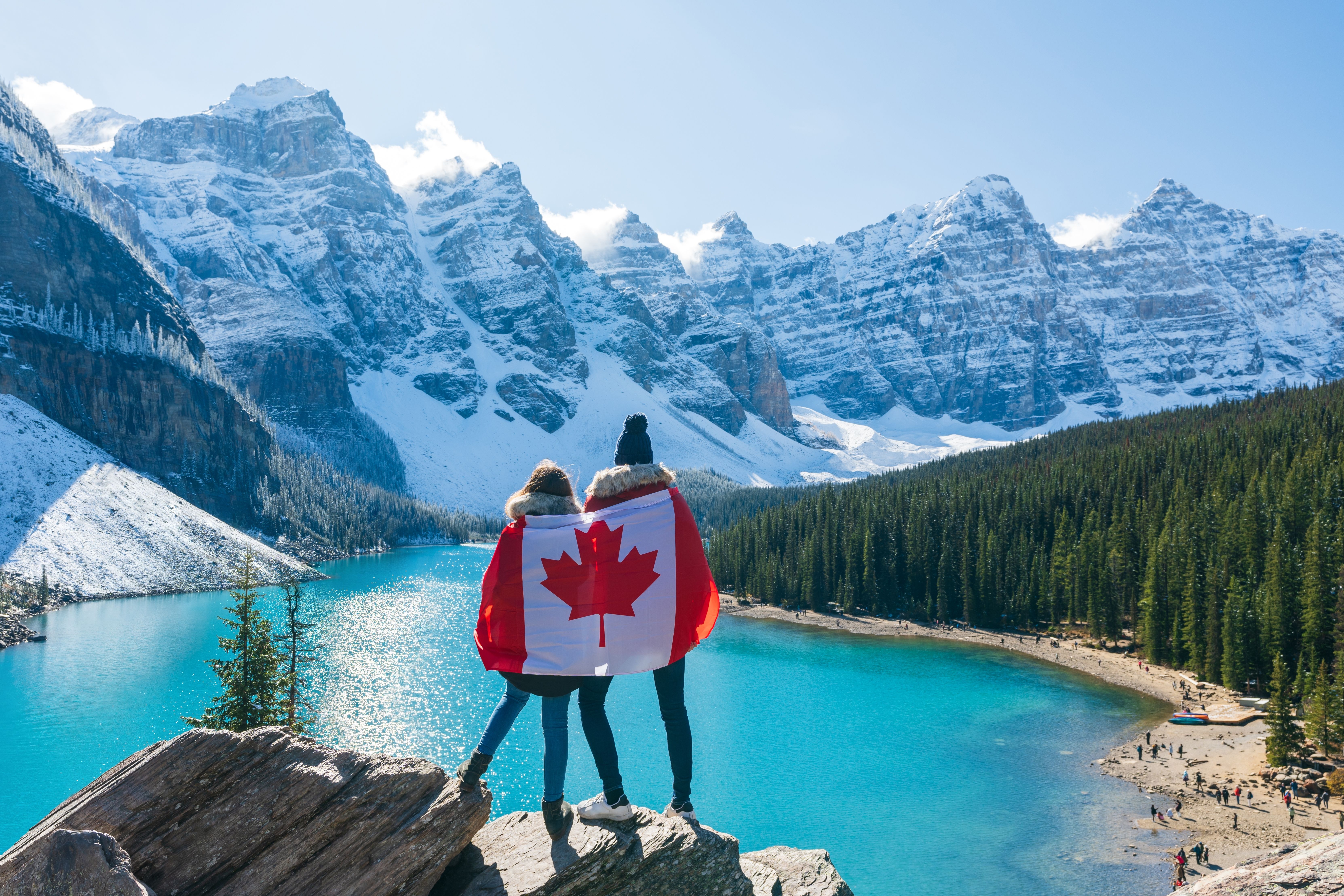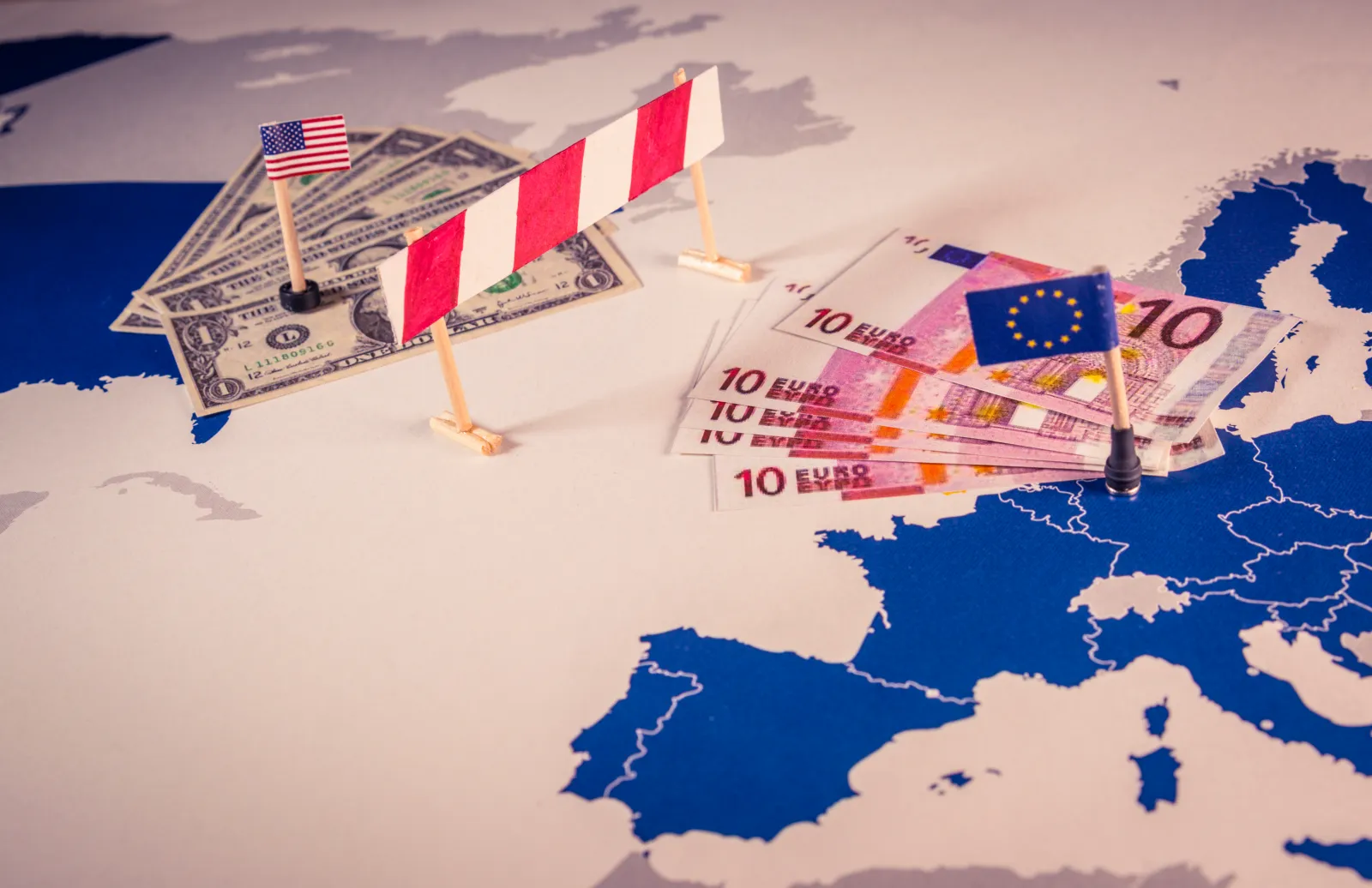The contentious tax cuts and spending bill could imperil the turnout of international inbound travel in the U.S., a tumultuous era for the travel industry, according to some tourism groups, especially since American tourism is still trying to recover post-pandemic. This year's international arrivals have seen a 9% drop so far, and an $8.5 billion drop in visitor spending compared to last year, per the nonpartisan Oxford Economics company, Tourism Economics.
The U.S. government's Big Beautiful Bill, or the One Big Beautiful Bill Act (OBBBA), was signed into law by President Donald Trump on July 4, 2025, in an orchestrated outdoor ceremony on the South Lawn of the White House, aligned with Independence Day. Trump signed it on a makeshift desk as Republican lawmakers cheered by his side, after a day of dramatic debate at the House of Representatives, which voted 218–214.
The Big Beautiful Bill alarmed Democrats and even some members of the Republican Party (GOP) due to the sweeping tax cuts and spending that could add to the country's burgeoning debt, a risk to the nation's long-term economic and financial stability. The bill increases border security and defense, and also makes Trump's 2017 tax cuts permanent. But it's also expected to knock off millions of safety net programs, such as Medicaid and the Supplemental Nutrition Assistance Program (SNAP), as well as Brand USA, which promotes the nation's tourism.
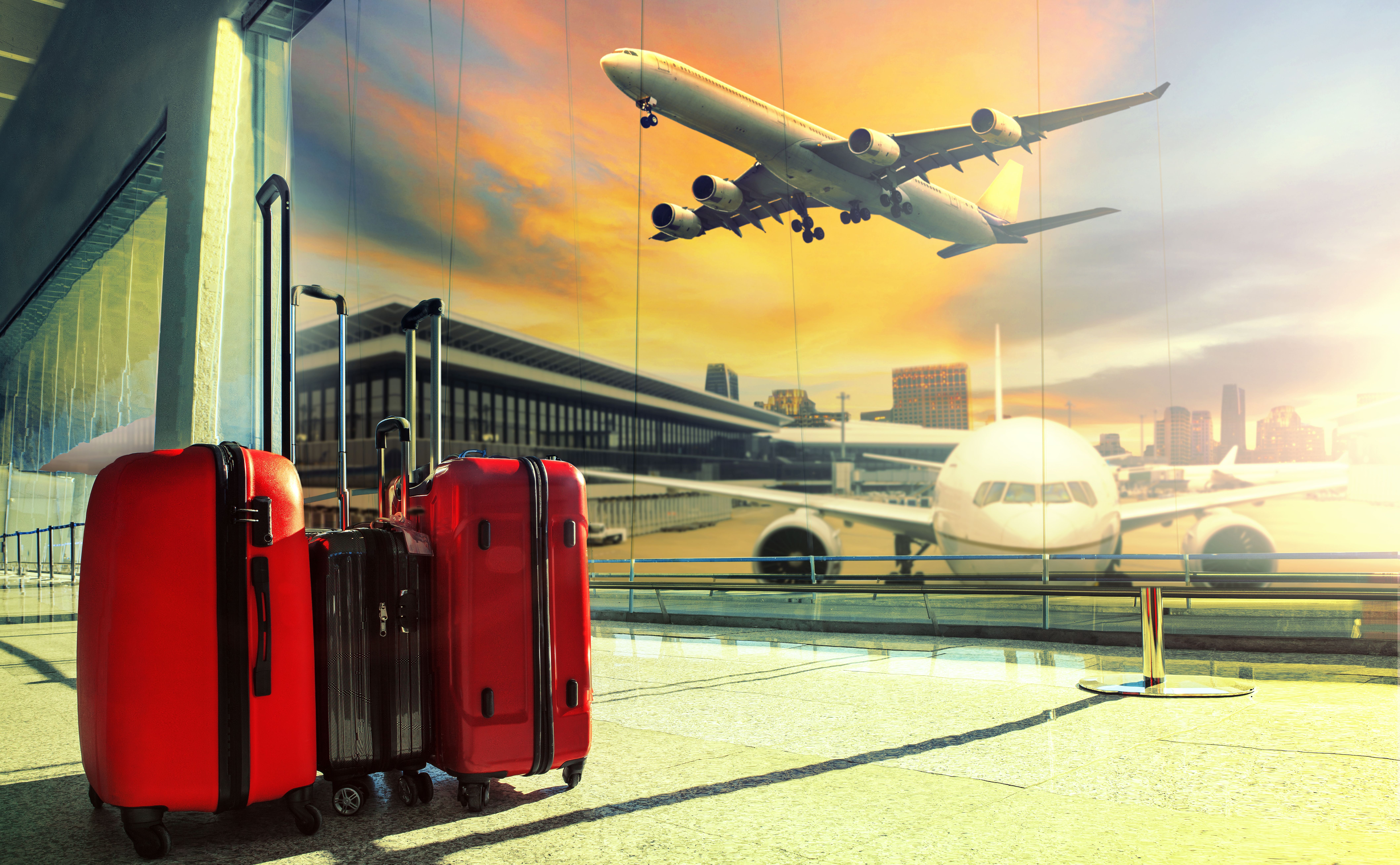
Related
Experts Claim Trump's Tariffs Are Impacting Almost Half Of Americans' Travel Plans
The recent tariffs have affected a lot of industries, but new research shows that they're vastly affecting Americans' travel plans for the summer.
Trump's onslaught of policies, including the immigration crackdown, has been criticized, but one decision that is particularly under fire is Brand USA's proposed 80% funding cut, which wasn't restored before the bill was signed into law. Brand USA's supposed $100 million federal funding for the 2026 fiscal year becomes $20 million, a massive chop that will change the course of America's tourism industry. The Big Beautiful Bill got a 50-50 vote in the Senate, but was championed by Vice President JD Vance's tie-breaking vote, which sent the bill to Congress.
I've never seen people so happy in our country because of that, because so many different groups of people are being taken care of: the military, civilians of all types, and jobs of all types. So you have the biggest tax cut, the biggest spending cut, and the largest border security investment in American history. — President Donald Trump
Brand USA CEO Fred Dixon said in a statement that while the massive cut was a disappointment, they are still committed to their mission and hope to see a good future for the restoration of their tourism funding.
The current reduction will require a significant recalibration of our resources and programming, which is still to be determined. But we remain focused on growing legitimate international inbound travel and the vital boost it provides to the U.S. economy, especially with major global events on the immediate horizon, like America250 and the FIFA World Cup. — Fred Dixon
Established in 2010, Brand USA also recently launched its newest tourism campaign called “America the Beautiful" in hopes of reigniting international travel to the U.S. following a decline in international arrivals in recent months. Travel from Canada, in particular, has seen a steep drop after Trump's tariff policies, which deter many Canadians from traveling to the south of the border, igniting more diplomatic tensions between the two countries. According to a survey published by the Pew Research Center, over half of Canadians say the U.S. is their greatest threat as cross-border travel continues to fall, as do Mexicans, Argentinians, Brazilians, Indonesians, and South Africans.
Brand USA's America the Beautiful is slated to roll out globally in August 2025, which is backed by its digital hub, Americathebeautiful.com.
Earlier this year, the U.S. Travel Association warned of an economic tourism disaster after thousands of Canadian tourists canceled trips in protest of the tariff imposed by Trump. Canada, in 2024, has the highest number of cross-border arrivals in the U.S., but the Canadians' travel boycott seems to have a huge impact on America's tourism industry.
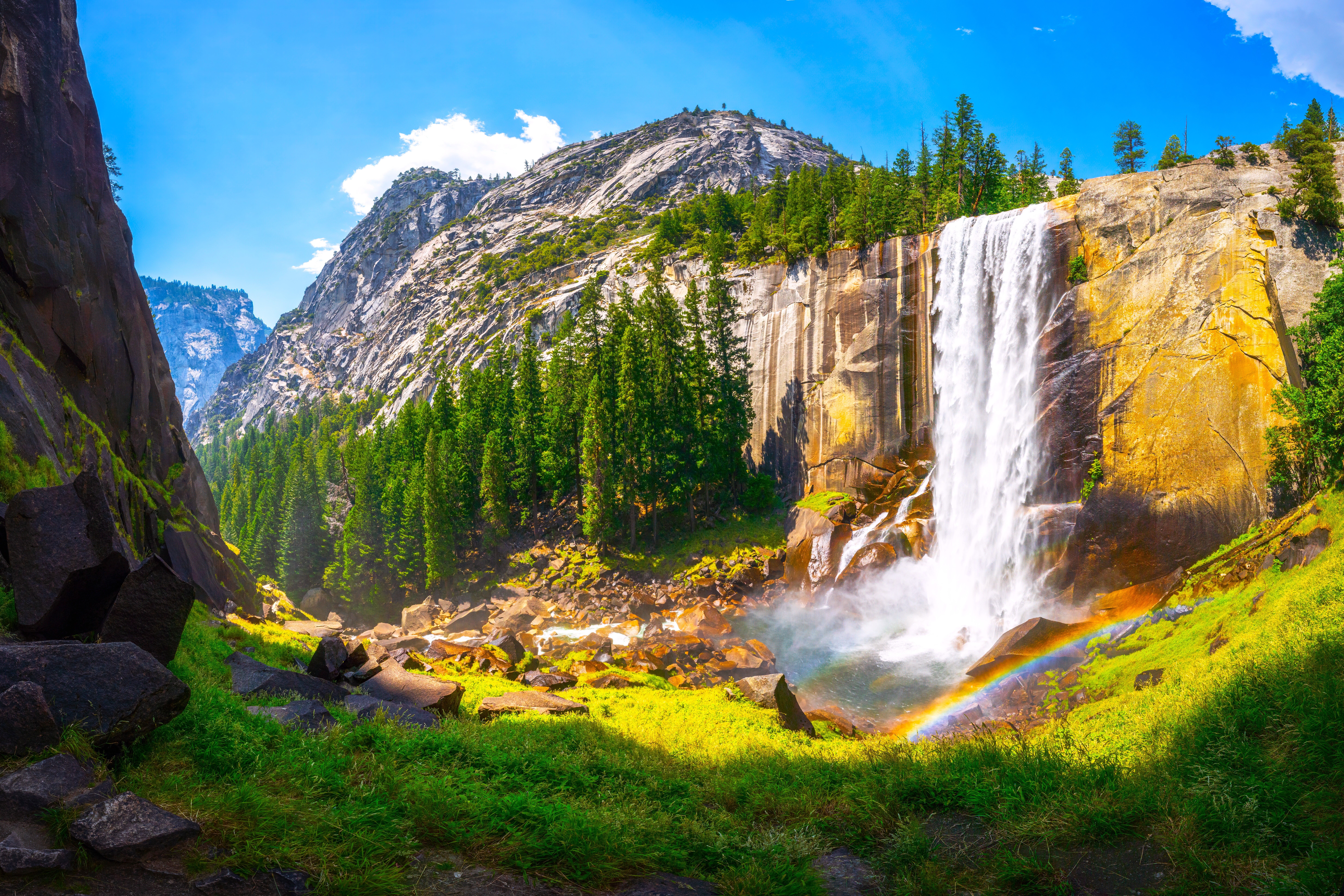
Related
Americans Rejoice As Plan To Sell National Parks To Pay For Trump's Budget Takes Surprising Turn
Trump wants to sell public land to pay for his budget, which includes NPS sites. But many people are overjoyed; things just took an unexpected turn.
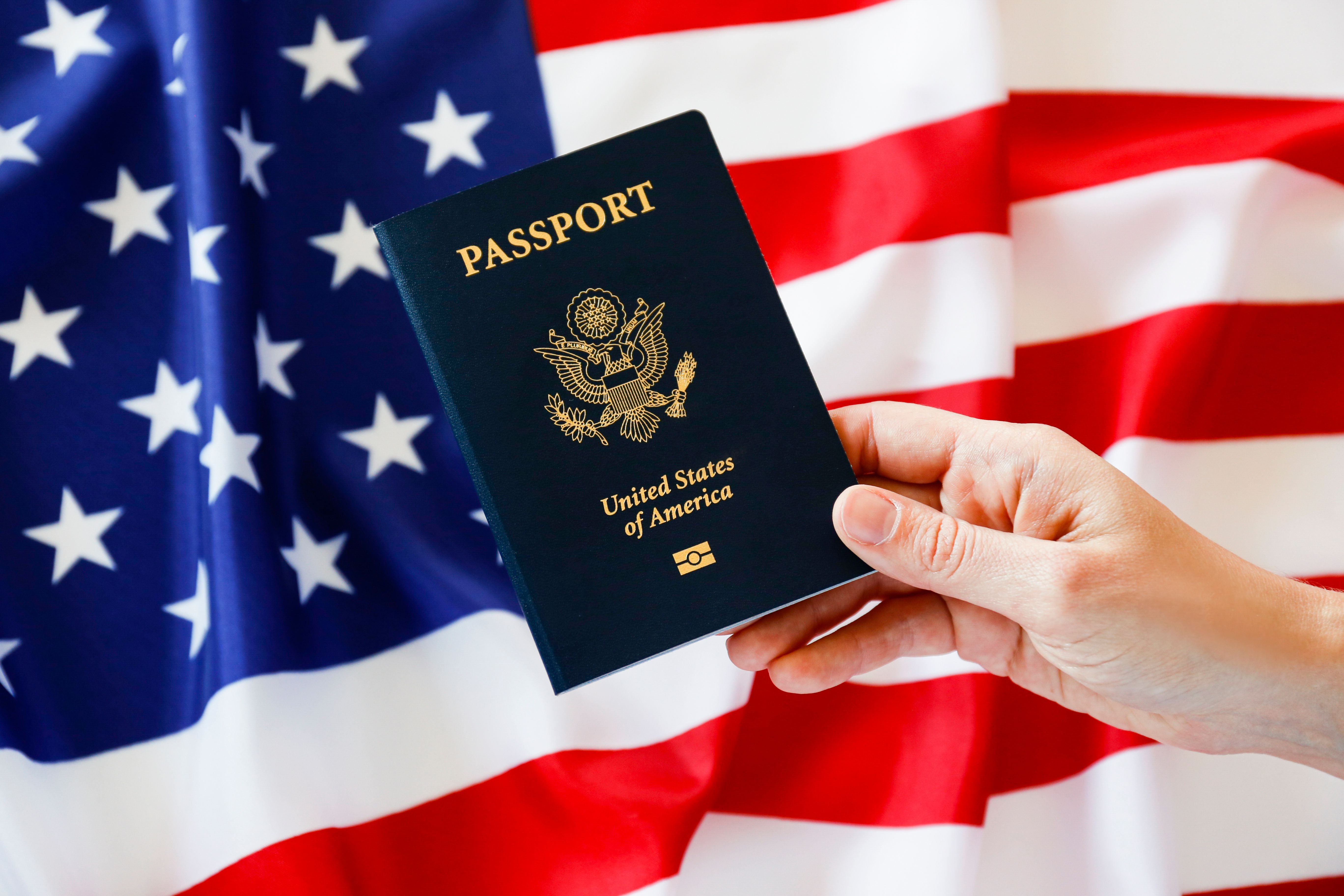
US Flag, Passport
Amid the controversy surrounding the Big Beautiful Bill, many travelers might feel the downside of the budget cut. Still, there could be a good outcome for this, especially for domestic travel, despite Trump's policy blitz, including its contentious anti-immigration drive and travel bans. On the other hand, Dennis Schaal, founding and executive editor of media outlet Skift, said that no amount of tourism campaign can be of help as Trump continues to impose travel bans, discouraging international travelers from visiting the U.S.
Schaal added that there could be pros and cons in America's travel industry after the Big Beautiful Bill was signed into law.
With the impending 2026 events and celebrations to be hosted by the U.S., like the FIFA World Cup and America250, inbound travel will have a big impact on the nation's tourism industry, as many international travelers are expected to fly into America.
But the highly staged ceremony to sign the Big Beautiful Bill (all with an impressive flyover of fighter jets and stealth bombers, including the B-2 Spirit bomber responsible for the recent strikes on Iran), wasn't for the majority of Americans, as many critics and Democrats continue to lash out at the bill, warning Republicans that they are turning their backs on the low-income and middle class Americans. Millions of Americans will also lose food aid and health insurance with this budget cut.
Before the Big Beautiful Bill was signed into law, it went through a crossfire between lawmakers in the House of Representatives, with a record-breaking speech by House Minority Leader Hakeem Jeffries for nearly nine hours, thwarting Trump and other Republicans, and accusing them of expediting the bill. Jeffries said that the bill is a giveaway to the rich and dubbed it the "Big Ugly Bill." He added that lawmakers don't work for Trump but for the American people.
Senate Democratic leader Chuck Schumer also criticized the Big Beautiful Bill, and said in a post on X that it's a "big, ugly betrayal."
Democratic National Committee Chair Ken Martin also criticized the bill, and said that the GOP is the "party for billionaires and special interests — not working families." He warned Republicans that they would lose their majority.
The One Big Beautiful Bill is also expected to add approximately $3.3 trillion to the national debt — something that many Americans are not thrilled about, particularly given that there will still be significant cuts to popular programs like Brand USA. However, Trump, who celebrated the victory, dismissed the criticisms and said that after the bill kicks in, "the U.S. will be a rocket ship, economically."
| 51–50 | |
| 218–214 | |
| July 4, 2025 |
While the real effects of Brand USA's budget cut remain to be seen, the projected impact will make or break America's tourism industry as it grapples with the economic crash it recently experienced after travel protests by visitors across the pond.
